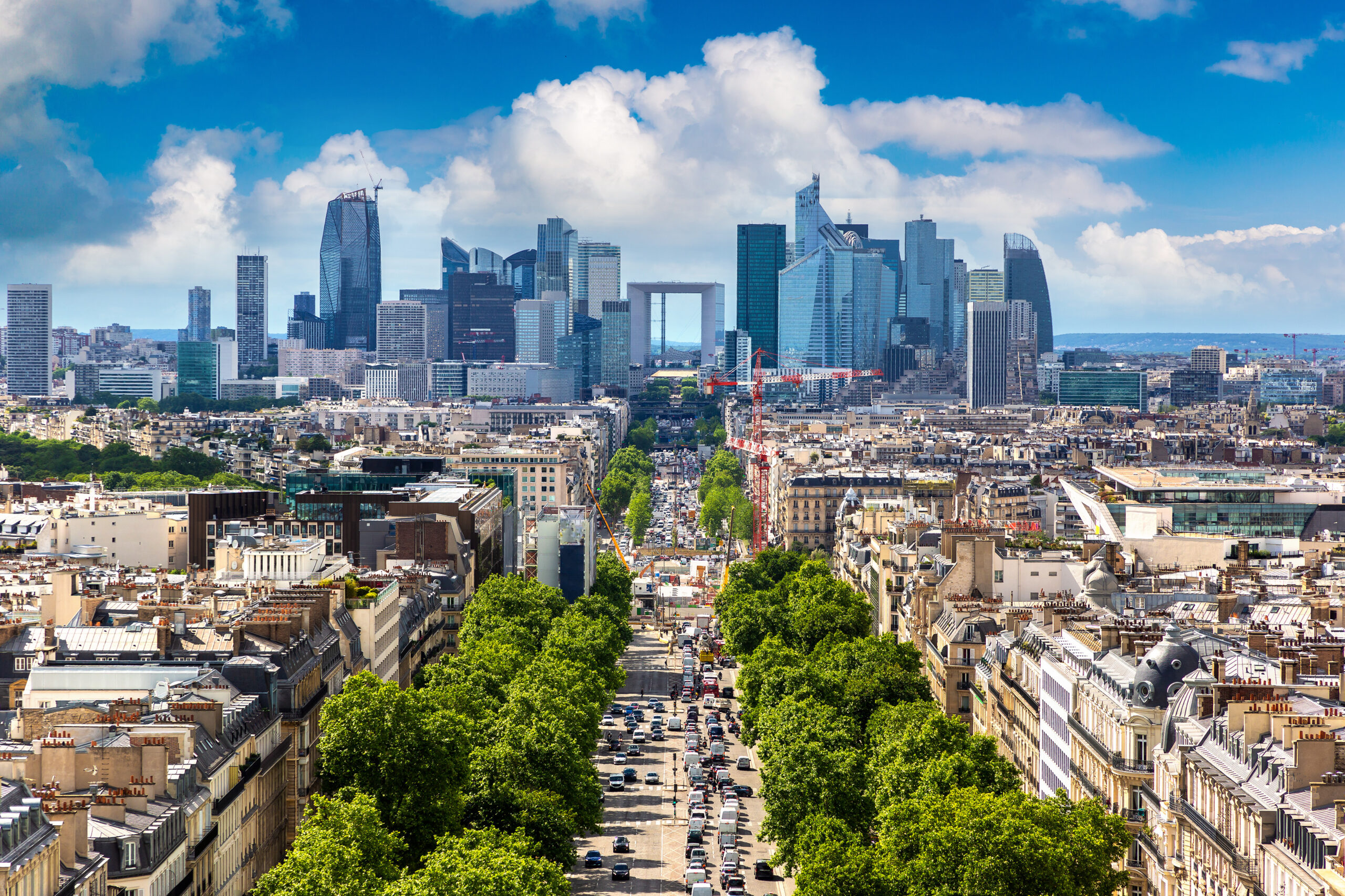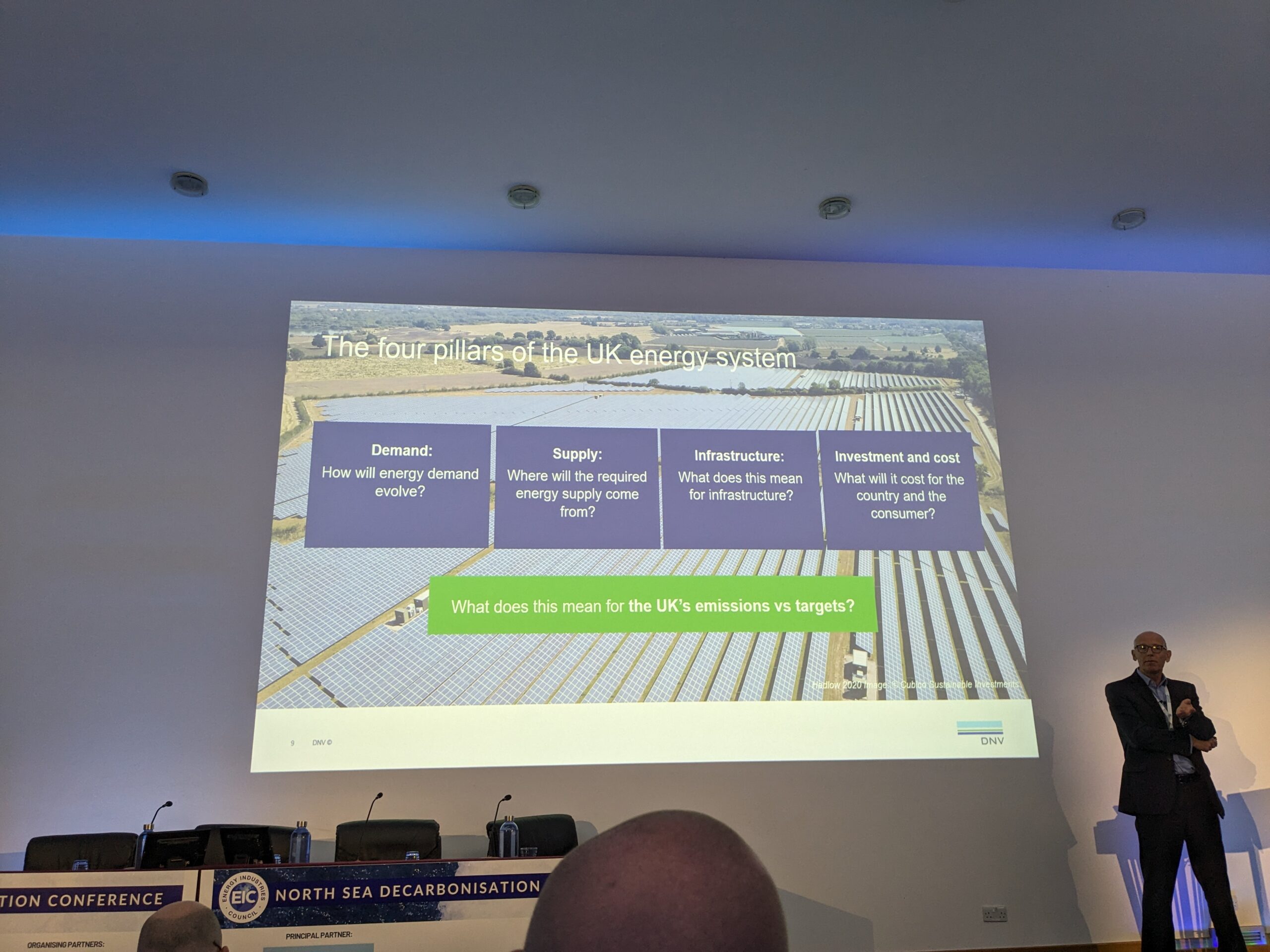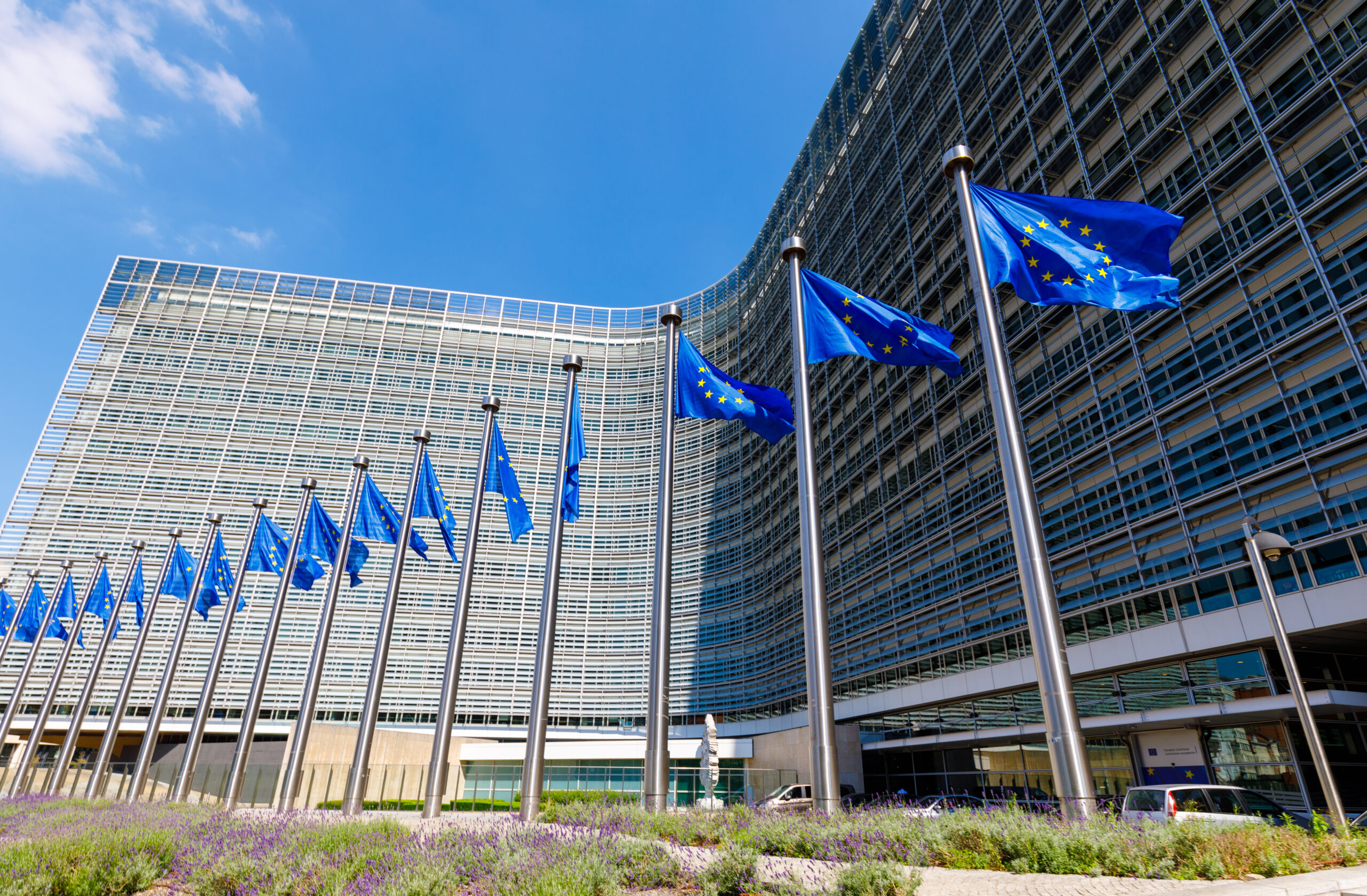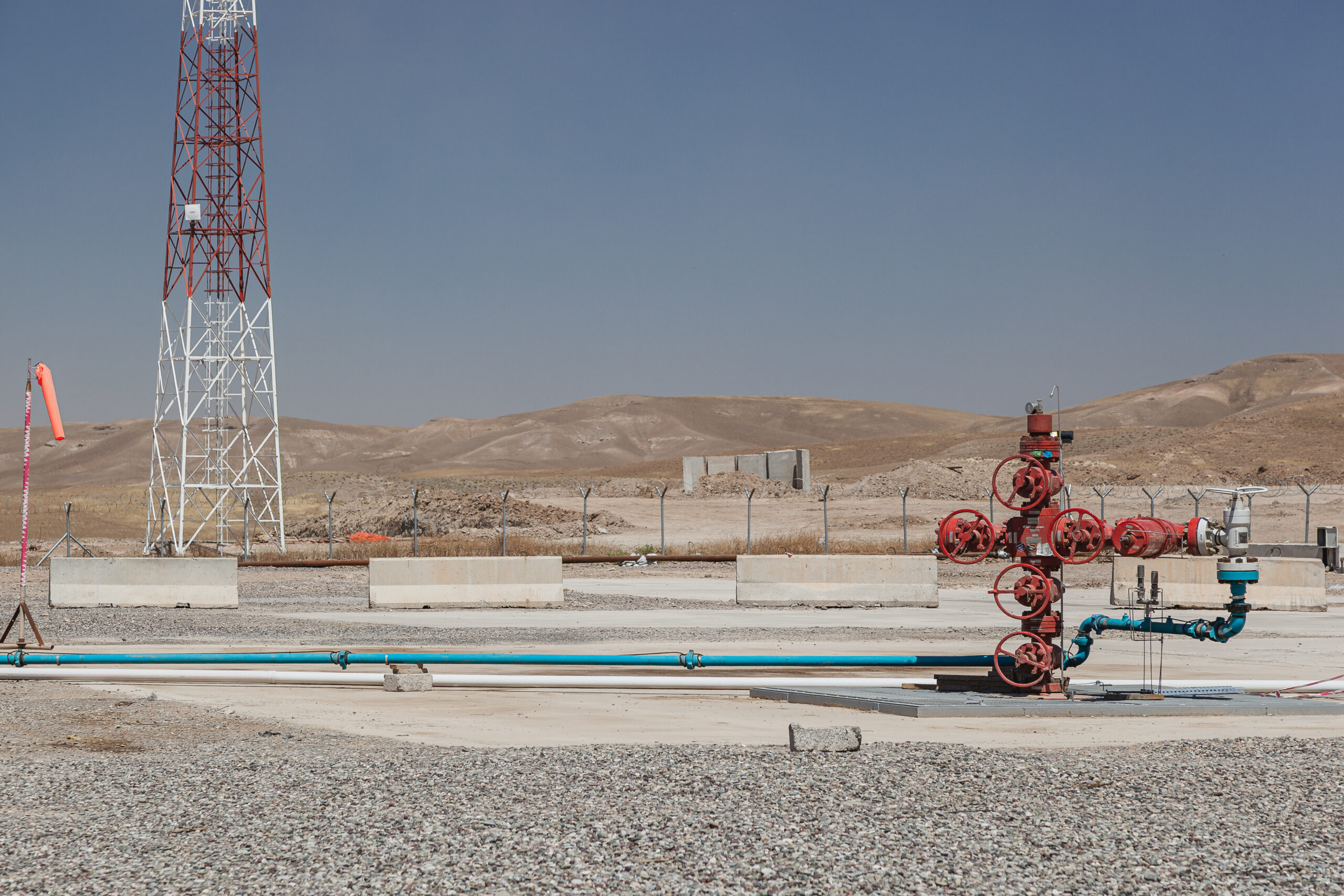France rules out gas boiler ban, rows back on climate policy
In France, a gas boiler ban was introduced in 2022 for new buildings, but boilers are still used by more than 11 million sites for heating purposes.

Recent controversies surrounding a gas boiler ban in Europe are bringing the reality of the energy transition home not just for citizens, but also for political leaders who are facing mounting electoral pressures against higher inflation, costs of living, and the rise of populism.
French President Emmanuel Macron’s decision last month to rule out a gas boiler ban was the latest example in a growing trend of key European leaders rowing back on climate policy.
Such moves cast light on the growing conundrum faced by politicians. Many are trying to play a balancing act between diluting much-needed climate-driven measures for the purpose of short-term politics, while still pushing for policies that promote investment but still remain insufficient to hit ambitious targets without structural regulatory change.
In France, a full ban on gas-fired boilers was informally floated when a public consultation on the decarbonization of the buildings sector was launched last summer, echoing policies promoted at an EU level.
Natural gas is the most common fuel for heating houses with boilers across the 27-country bloc. In France, gas boilers were banned in 2022 for new buildings, but they are still used by more than 11 million sites for heating purposes. France’s building segment is responsible for 18% of its direct emissions (of which 58% is attributed to gas), making it the fourth most polluting sector.
But while the outcome of the consultation has yet to be clarified, Macron’s decision to not end the use of gas-fired boilers (even gradually), is seen as the result of the lessons learned from other nations in recent months – not to discount the memories of the ‘yellow vests’ protests that were sparked in 2018 by plans to increase fuel taxes.
In Germany, where authorities have been grappling with the loss of significant Russian gas supplies after Russia’s invasion of Ukraine, a proposed ban on fossil-fuel boilers caused months of government infighting and an injunction at the country’s highest court. Finally, a watered-down law was adopted in early September to ban fossil fuels boilers form 2028 instead of 2024. This month, the coalition government of Olaf Scholz was dealt a blow with the victory of the main opposition conservative parties in recent state elections in Hesse and Bavaria, two of Germany’s most prosperous states.
Other political leaders have been nervous about the impact of climate measures. UK Prime Minister Rishi Sunak also decided to delay a ban on gas boilers in new homes from 2025 to 2035, among other moves to relax green measures. More members of Sunak’s own conservative party are turning against him, and he is facing an increasingly angry electorate.
In the Netherlands, environmental policies remain a key topic in the next general election to be held in mid-November and after the government collapsed in June. These include the nitrogen crisis that has led to the rise of the populist political party Farmer-Citizen Movement whose influence on environmental policy is only expected to grow.
These developments have been unfolding as the next elections for a new parliament in the EU are set to take place in June 2024.
Protecting citizens
Macron made no secret of the need to protect citizens when articulating the latest terms of his green policy coined “a la francaise.” It essentially aims to protect citizens, while still encouraging investment in a key segment that will support the energy transition.
The president only confirmed gas boilers would not be banned, while promoting the need to develop the heat pump sector in France, which he called “a formidable lever of substitution.”
“We have decided to treble the production of heat pumps by 2027 and thus be able to produce 1 million heat pumps on our territory,” he said, adding that that this would enable the country to train in parallel 30,000 installors,” Macron said.
Ruling out a French gas boiler ban is only part of a series of proposals made by French President Emmanuel Macron in a speech delivered on 25th September. Macron mentioned plans to ban, by 2027, coal-fired plants (which remain marginal and represented less than 1% of power production in 2022). Macron also set an objective for 15% of all passenger vehicles to be electric by 2030, up from 1% now.
French Prime Minister Elisabeth Borne also announced a €7 billion additional fund in the 2024 energy and transition plan, bringing total public funding to €40 billion towards climate action for 2024.
Andreas Rüdinger, Coordinator for the energy transition in France at the Institut du Développement Durable et des Relations Internationales, welcomes the additional government funding.
But for him, President Macron is only trying to sell a “productivity-driven and economic vision of the energy transition which is all about getting incentives rather than any regulatory restrictions – exactly to avoid the threat of populism,” he told Gas Outlook.
“This is part of a growing narrative in Europe right now to protect the EU Green Deal,” he added.
Slowing the energy transition?
Recent moves by some politicians to water down climate measures are likely to slow the pace of the energy transition.
For Lisa Fischer, Programme Lead at climate think tank E3G, Macron’s support in developing heat pumps is important to underline. “But heat decarbonization is not only about heat pumps, it’s also about energy efficiency and in some places it’s about district heating,” she told Gas Outlook.
“The door is still open to heat pumps, but President Macron has taken back the clarity of direction and capacity to plan for households and industries,” she added.
But from a macro level, Fischer believes that the energy transition forms part and parcel of mainstream politics now, especially in the context of fiercer competition with major markets like the United States and China for creating supply chains for clean goods.
“In the last five years, we have seen a strengthening of climate issues in the political discourse,” Fischer said.
But as the era of cheap money and low borrowing costs is now over, governments need to display much more political determination. “In Germany for instance, the Ukraine war has shown the era of cheap gas from Russia is over, and in the current economic climate, there are now no other options than adopting coherent strategies and regulations for clean goods like wind turbines for instance,” she said.



